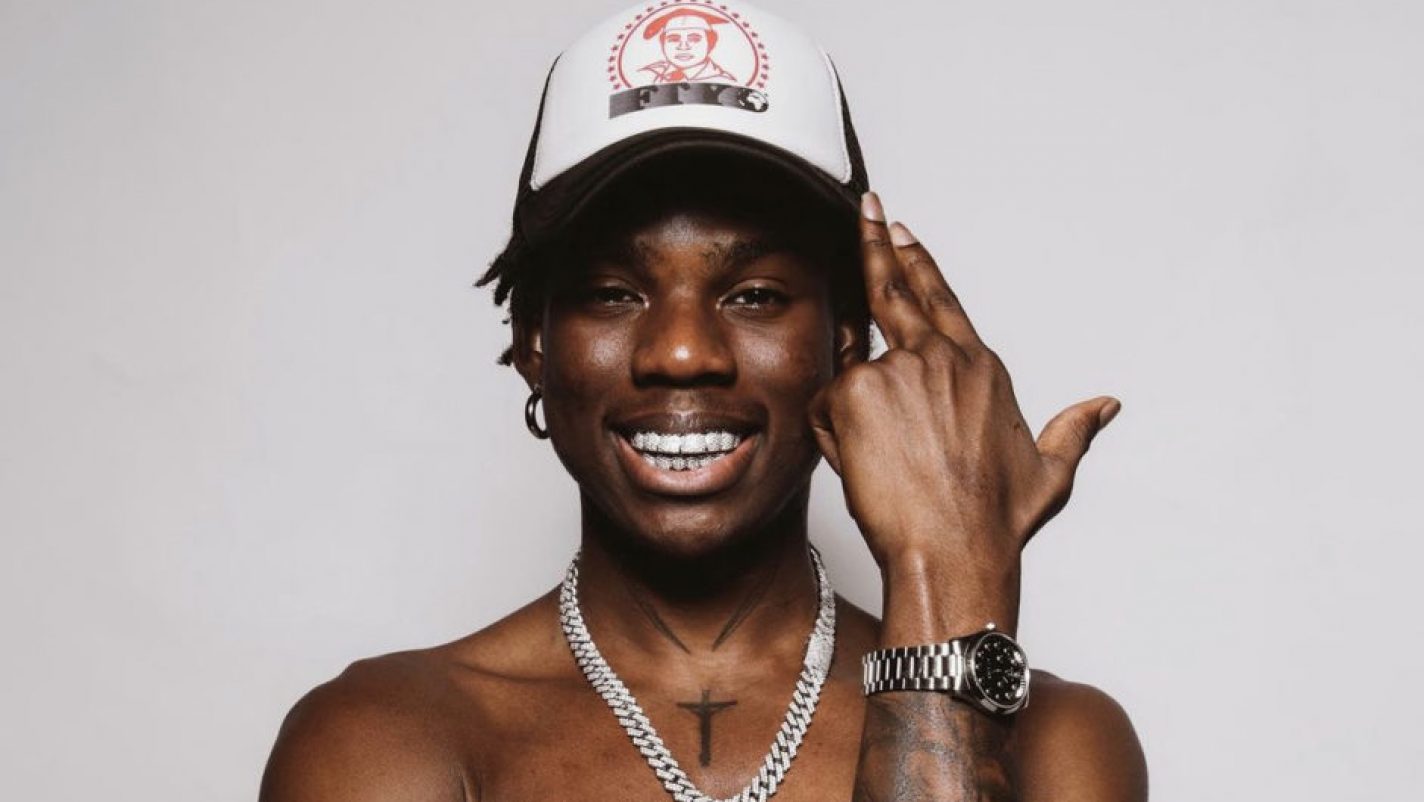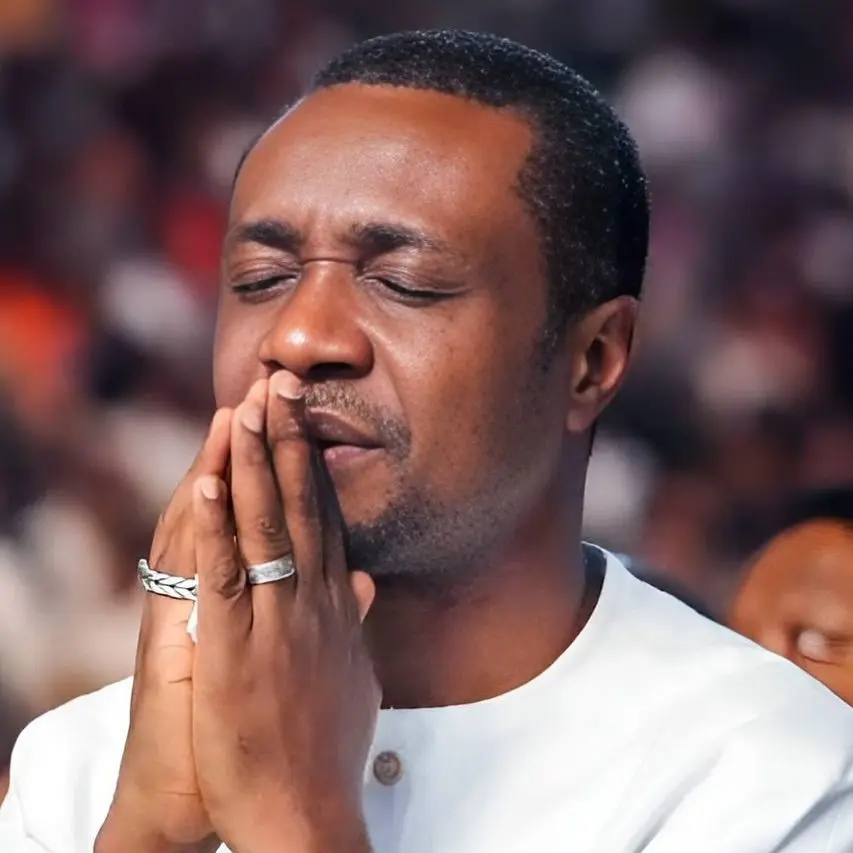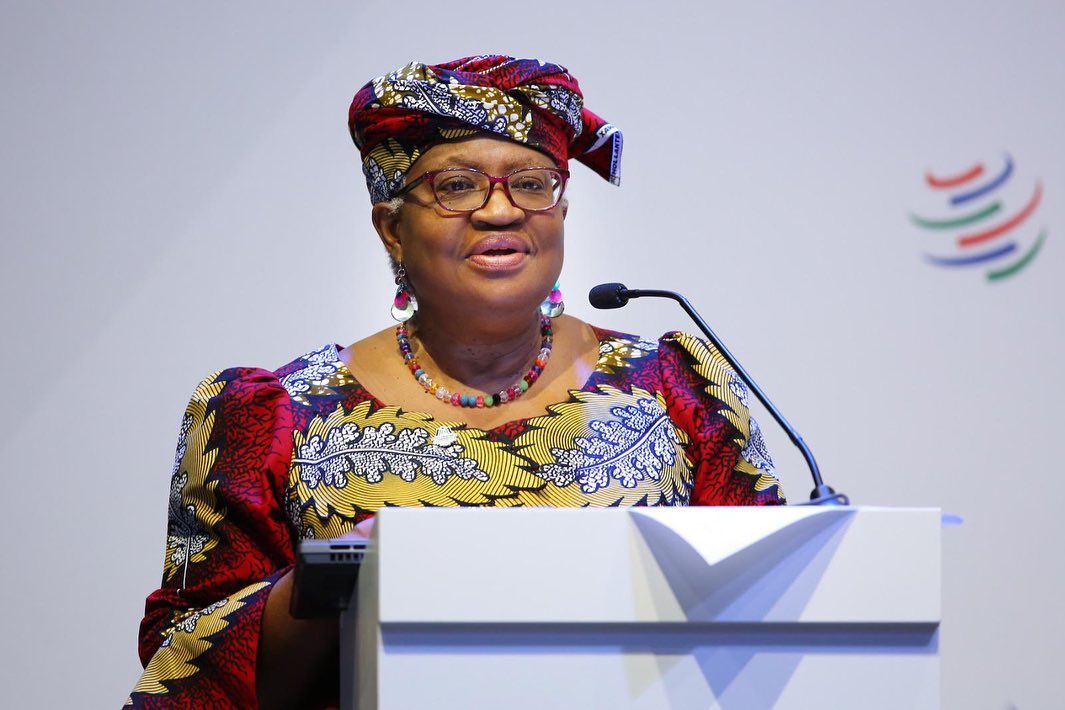
The Catholic Bishop of Sokoto Diocese, Bishop Matthew Kukah, tells TOBI AWORINDE his issues with the modus operandi of the Economic and Financial Crimes Commission and President Muhammadu Buhari’s anti-corruption war. Read excerpts from the interview below
Do you agree with former President Olusegun Obasanjo on his view on corruption in churches?
You are a journalist and you don’t need (ex-) President (Olusegun) Obasanjo to remind you of corruption in the churches. Are some church men and women not in prison today? Have you not followed stories of criminals who masquerade as pastors and so on? Corruption is everywhere and that is why I think it is a great mistake that we do not have a holistic conversation but merely an ad hoc obsession, defining corruption as what politicians and people in public life do. The religious institutions are made up of Nigerians, not angels and no one should be allowed to use an institution to cover themselves and that is why Nigerians are crying for the removal of the immunity clause in our constitution, especially as too many people are using this as a cover.
How do you feel about the payment of N42m by a man as tithe to a church in Benue State?
This is chicken feed compared to what contractors and businessmen and women are paying to corrupt church men, who are largely partners in crime and claim to be praying for rich people. So, it is important to check and cross-check your facts. You should educate us by telling us what really happened now that the right hand knows what the left is doing.
Do you think concerned religious bodies, like the Christian Association of Nigeria, should swoop in?Swoop in to take away the money or to ask for its own tithe? Does CAN have an EFCC wing?
The Kaduna State Governor, Nasir el-Rufai, reportedly said he offered money to herdsmen to stop the killings in Southern Kaduna. What is your reaction to this?
Well, if it is true that the governor paid money to those whose family members were purported to have been killed in 2011, and if the decision was to stop them from killing our people, then someone should explain to our people why they took the money and the killings of our people has not stopped. Surely, the truth of the story is trapped in the cracks, but God knows.
Some believe the unrest in Kaduna should not be linked to religion. What do you think?
The crisis in Southern Kaduna is (about) religion only to the extent that there are those who say that there is no difference between religion and politics. Even if it were about religion, does being of a particular religion necessarily diminish my humanity? The crisis in Southern Kaduna is the unravelling of a structure of oppression and exclusion, the seeds of which were sown even before independence. It is true we have always lived in peace, but this peace is not because of what successive governments in Kaduna have done, but largely in spite of what they have failed to do.
I am convinced that for the people of Southern Kaduna, it is a new dawn. Despite deliberate policies of exclusion, they have broken their nails to climb out of the dark tunnel of exclusion constructed by the invidious members of the Kaduna mafia. Change began to come only during the administration of Obasanjo. I believe there is a future to hope for and we must not surrender to despair. If anyone thinks that terror, intimidation and blackmail are substitutes for justice, they should do well to read history and read it properly. For now, Southern Kaduna is a theatre for the politics of both today and the future of Nigeria.
PUNCH





















